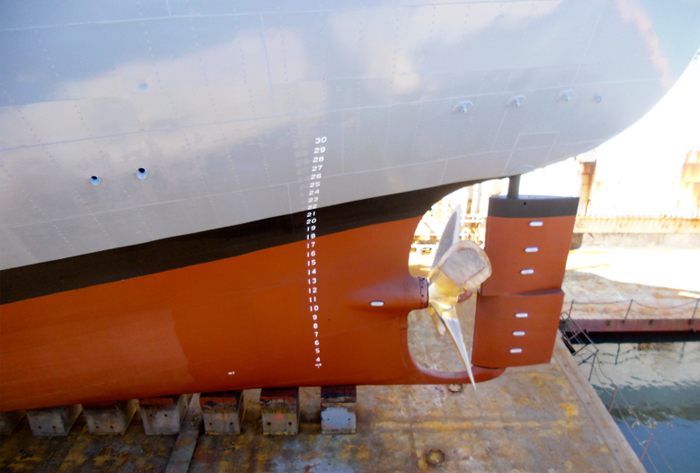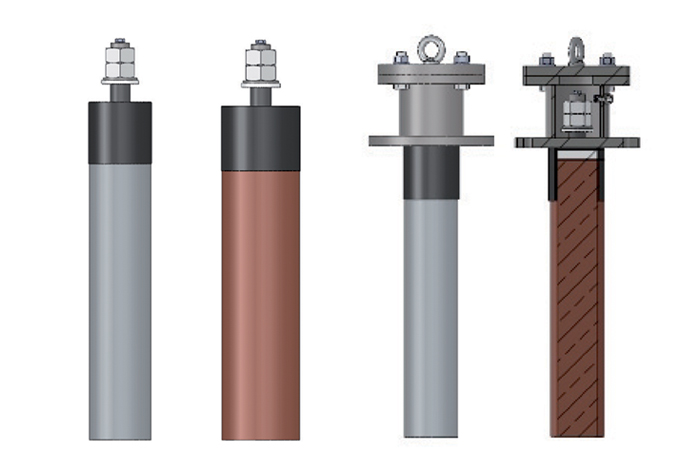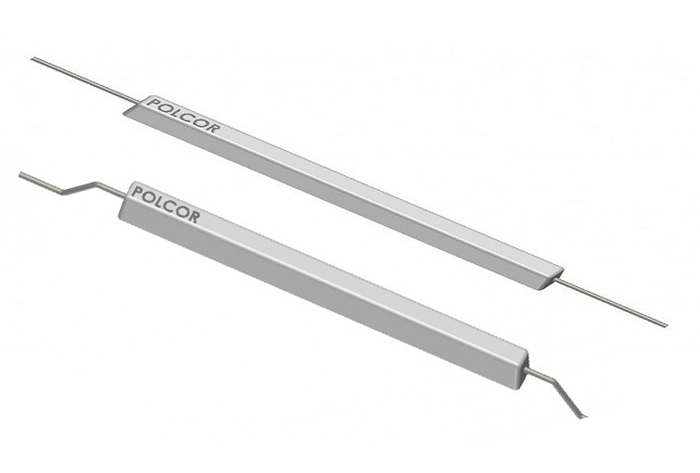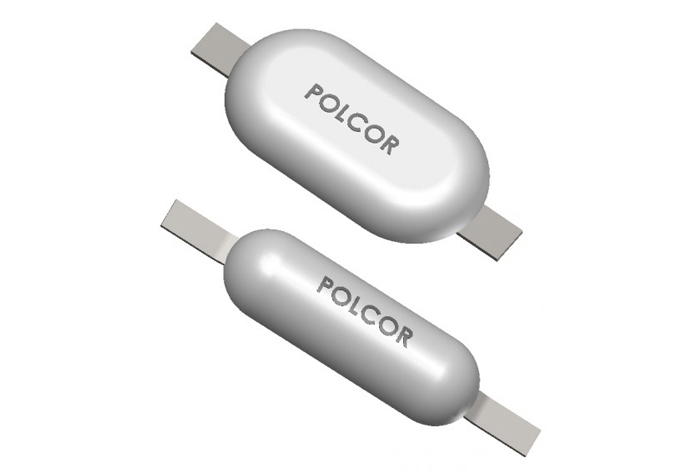- enquiry@pamarine.com.sg
- +65 6861 8922




-Antifouling Spare Anodes -Tank Anodes (Aluminium/Zinc) -Hull Anodes (Aluminium/Zinc)
Marine Sacrificial Anode & Antifouling Anode
Cathodic Protection (CP) is a simple sacricial method to control the corrosion of a metal surface. This method connects the protected metal to a more easily corroded "sacricial metal" where it will corrode instead of the protected metal. Cathodic protection system provides protection for a wide range of metallic structures in diverse environments.
Antifouling Spare Anodes (Copper & Aluminium, Copper & Iron, Stainless Steel Cathode) are available as per your requirements for any kind of Marine Growth Prevention System on board. The exible production line ensures very cost ecient rates in addition to the quality control system that guarantees reliable operation of Antifouling Anodes.
Marine Sacrificial Anode can be applied to the inside the ship which can be in ballast tanks, the bulge decks and even the water pipes. Provision should be made for additional anode consumption if it is expected that residual ballast water will be left in the bottom of the tank.
Highlights
ApprovalU.S.MIL-A-180001J specification 1983, Type Approval from LLOYDS REGISTER OF SHIPPING
Product Range
Provide a complete series of anodes to cover all cathodic protection requirements, as well as customizable to produce any type of anode according to customers needs
Quality
Both the Laboratory and the Production facilities are certified with ISO 9001:2000 (Certificate No 361540) Lloyd's Register Quality Assurance.
